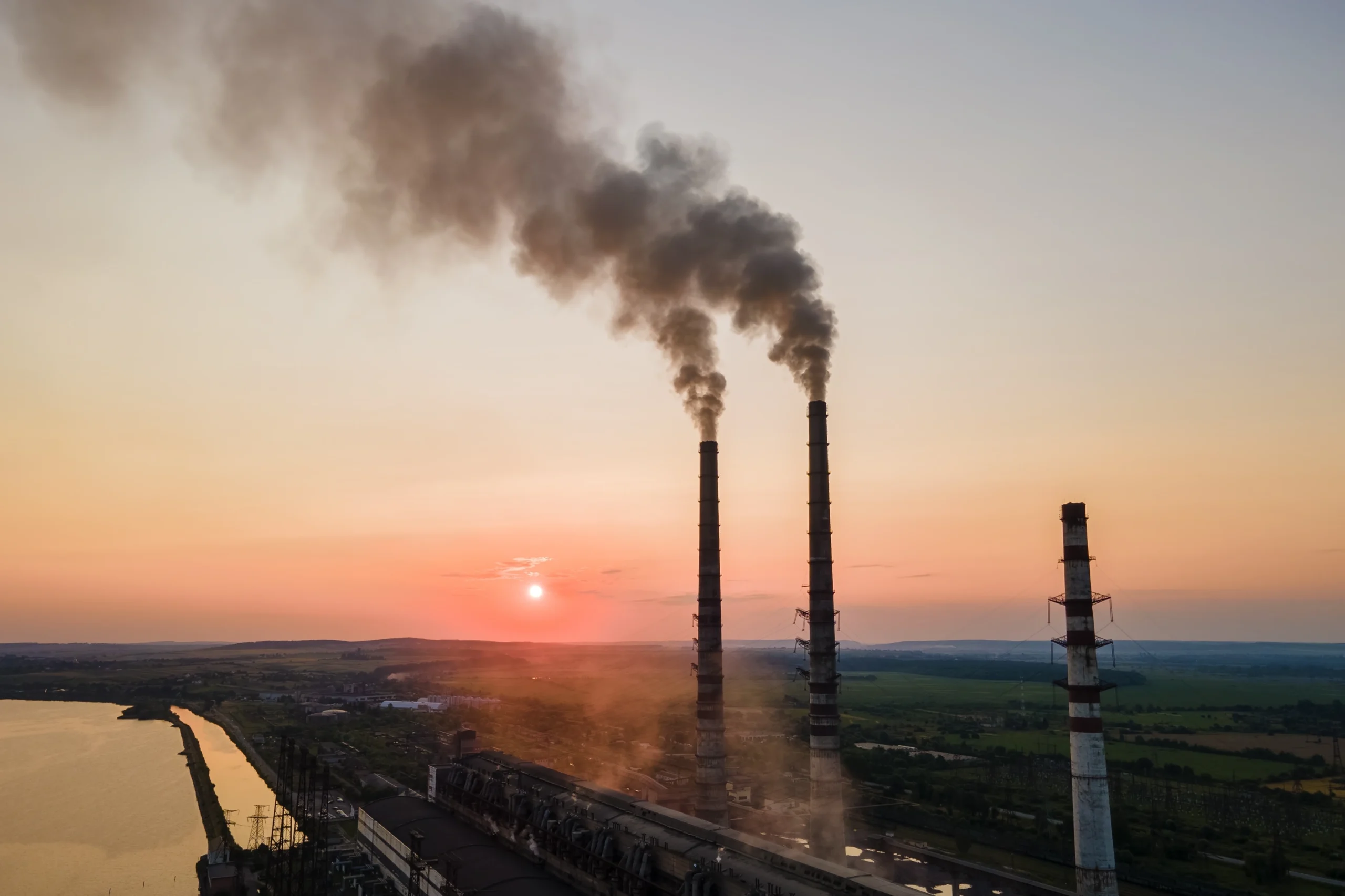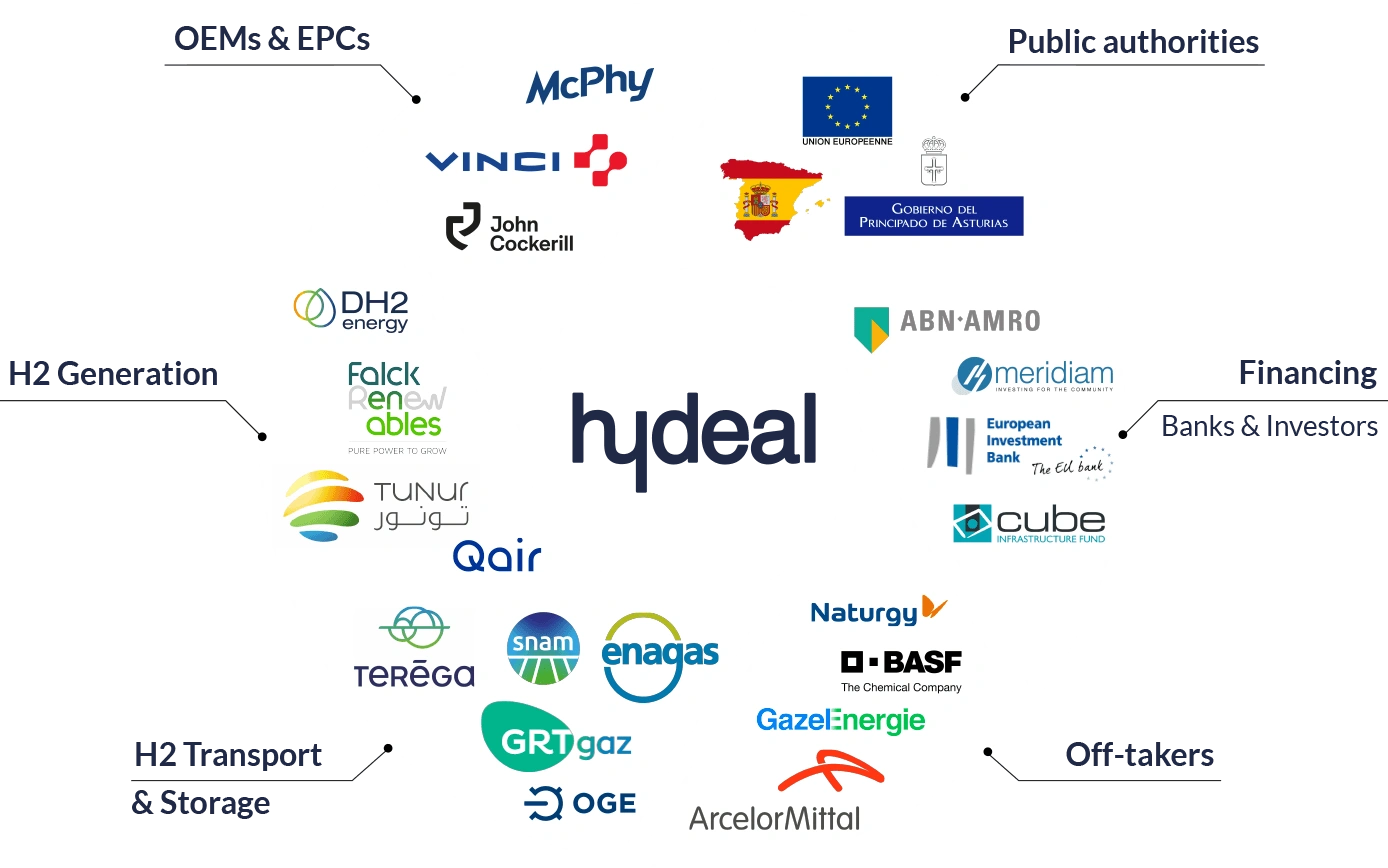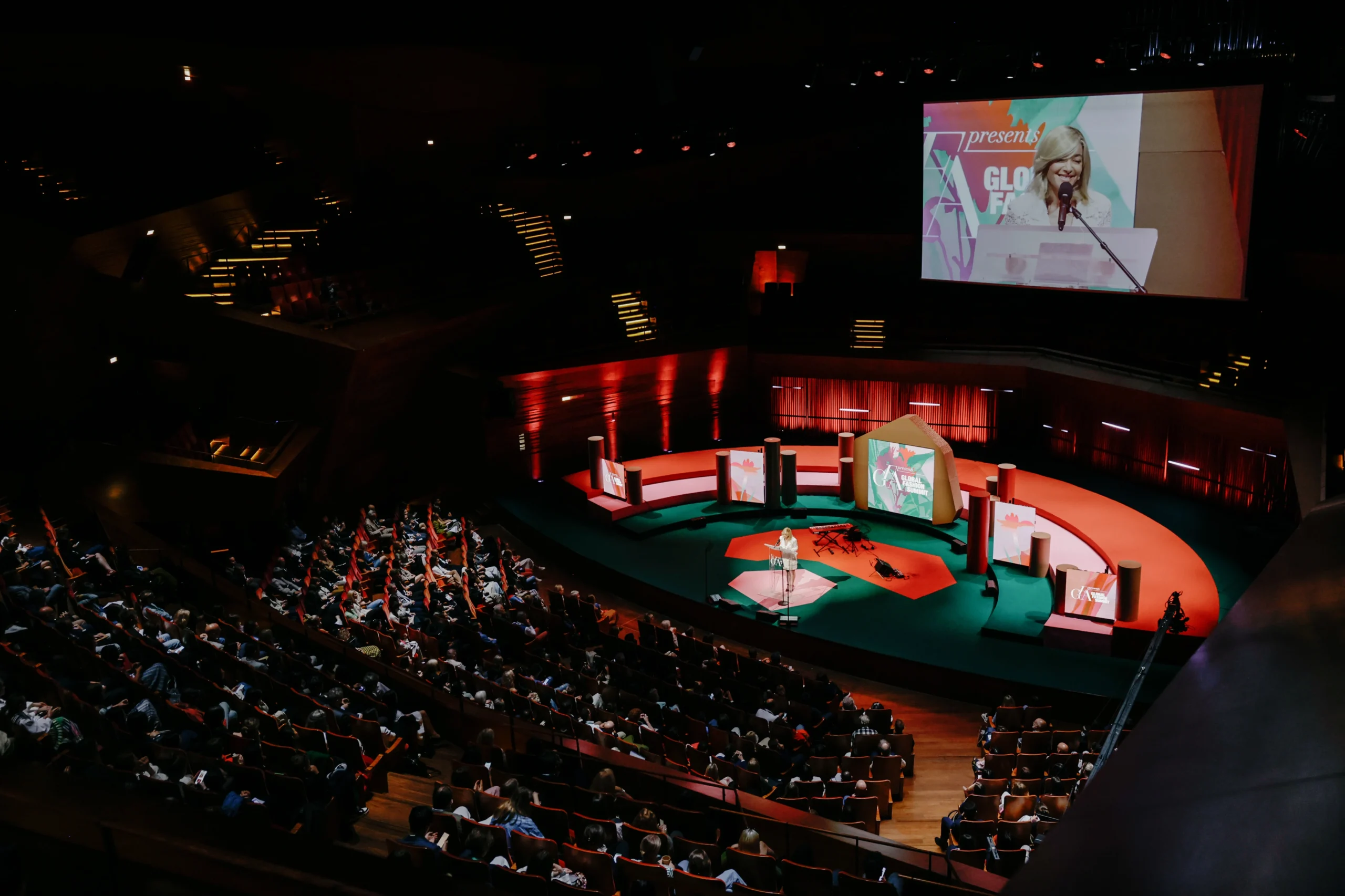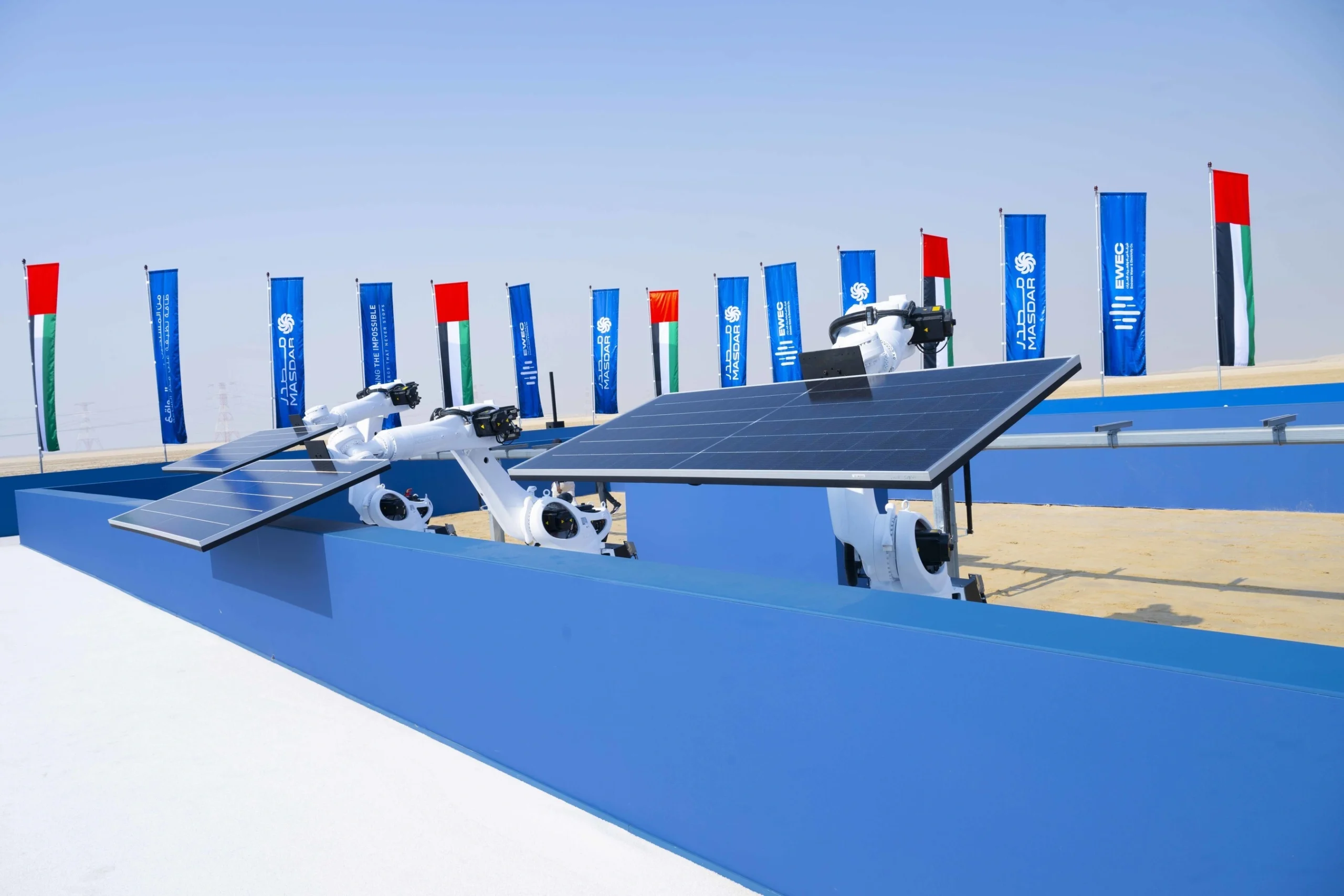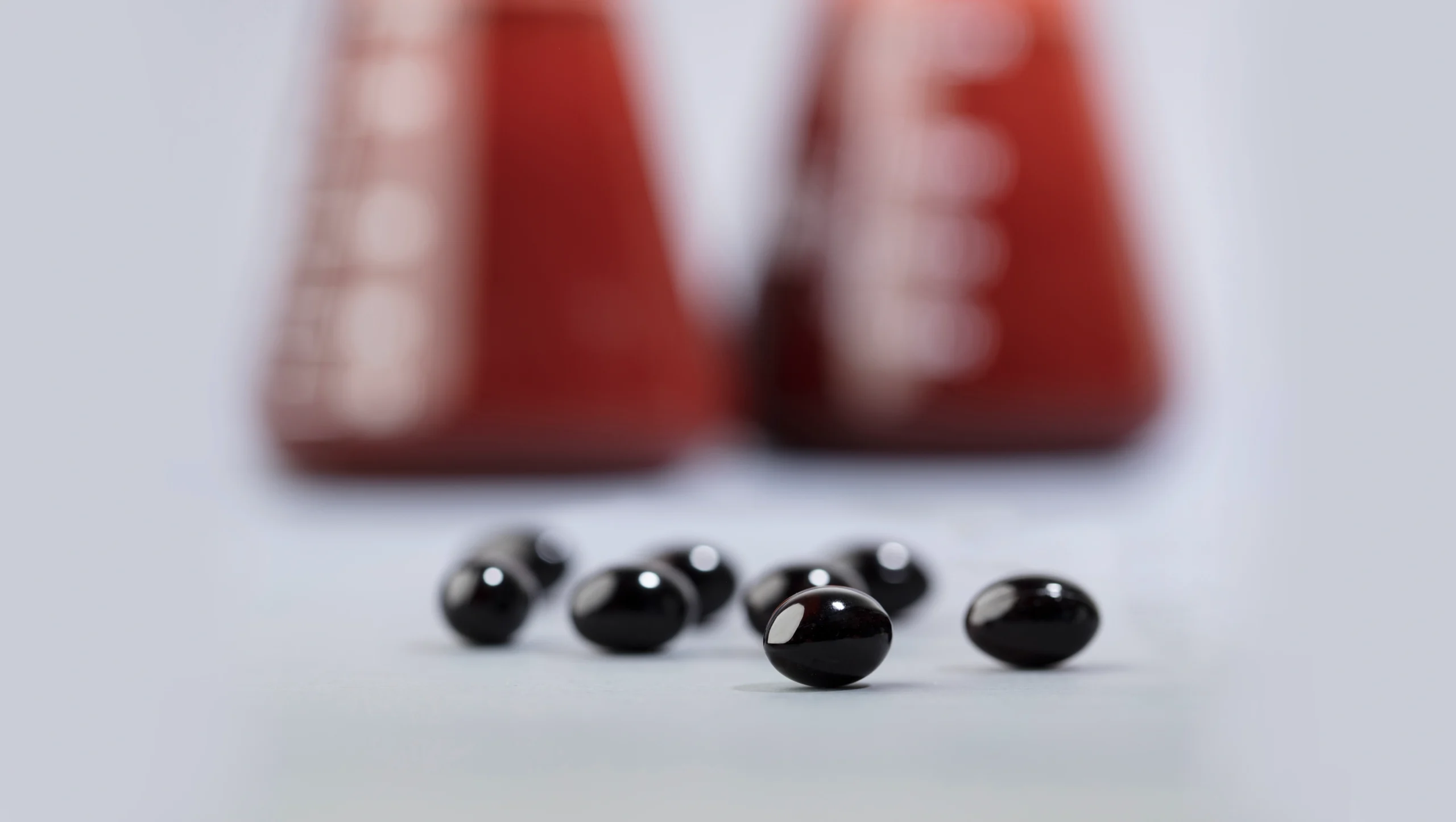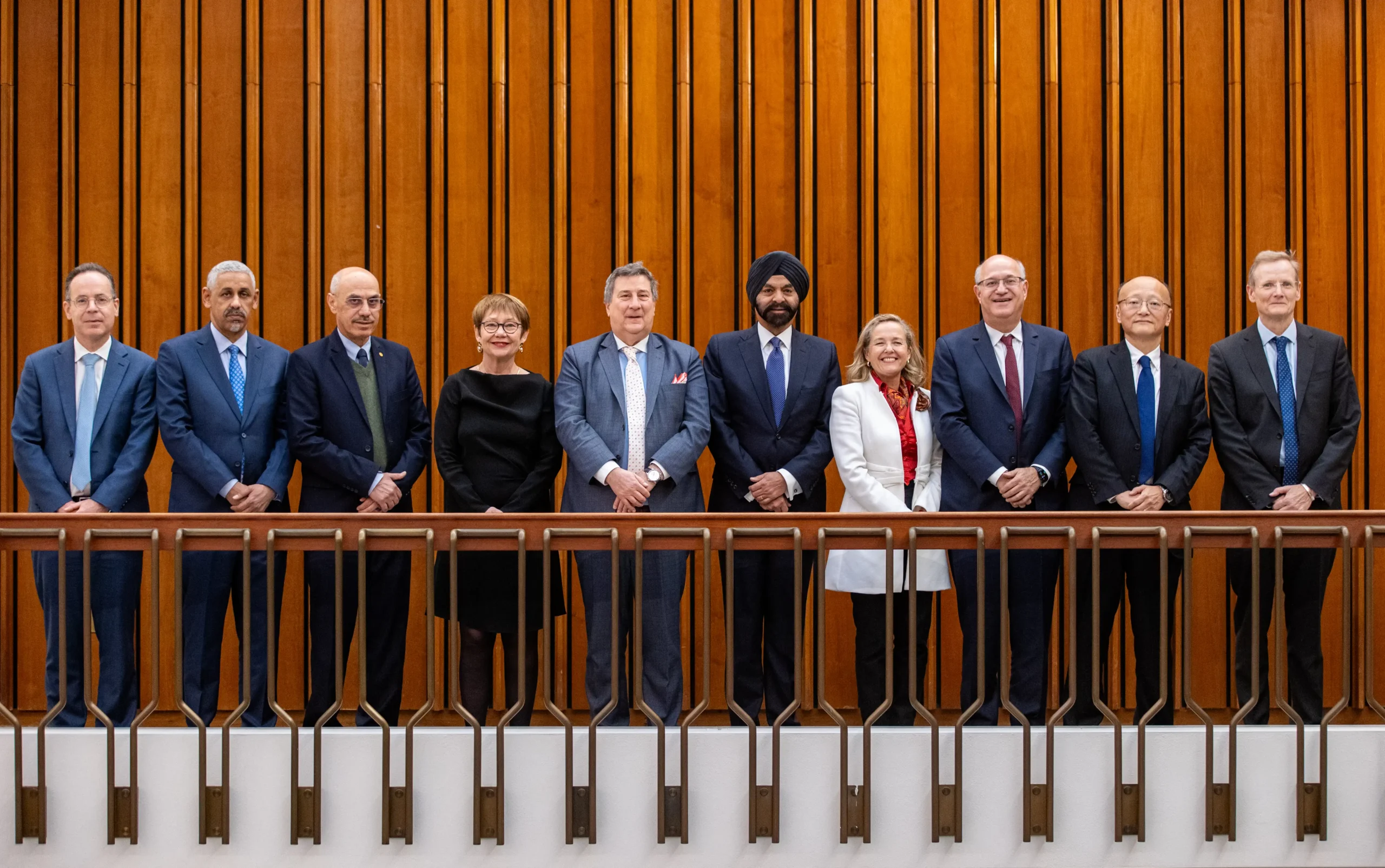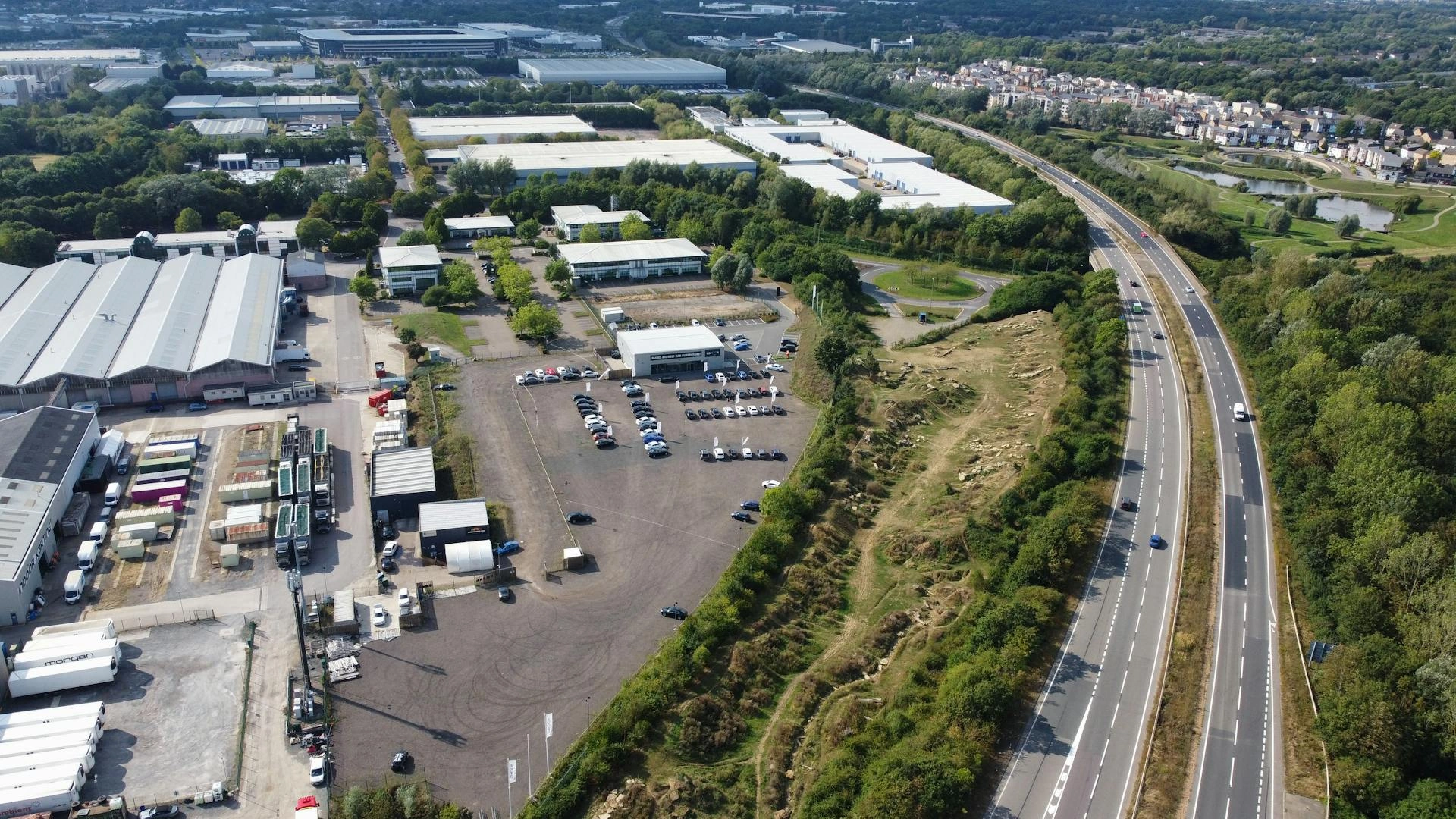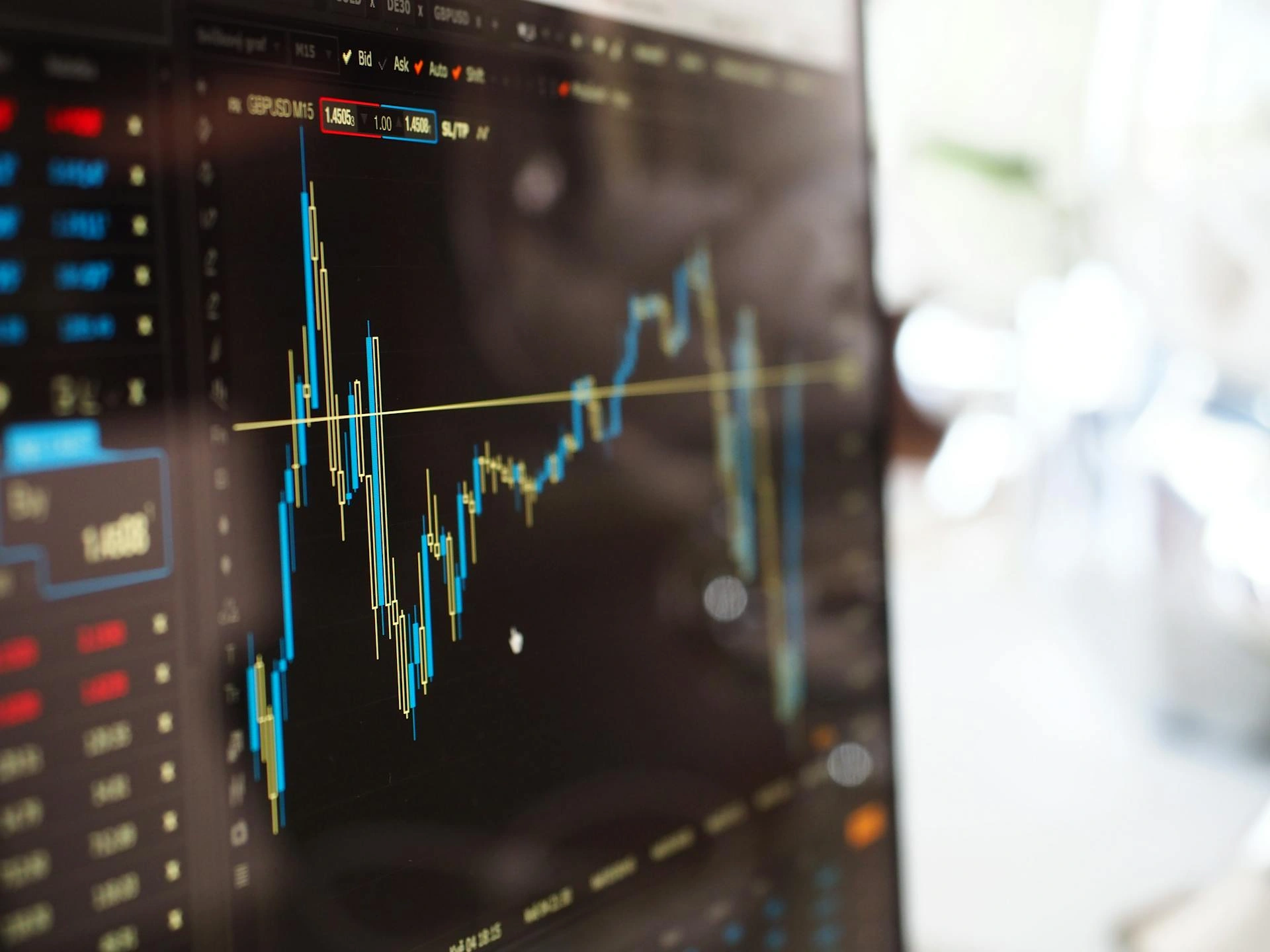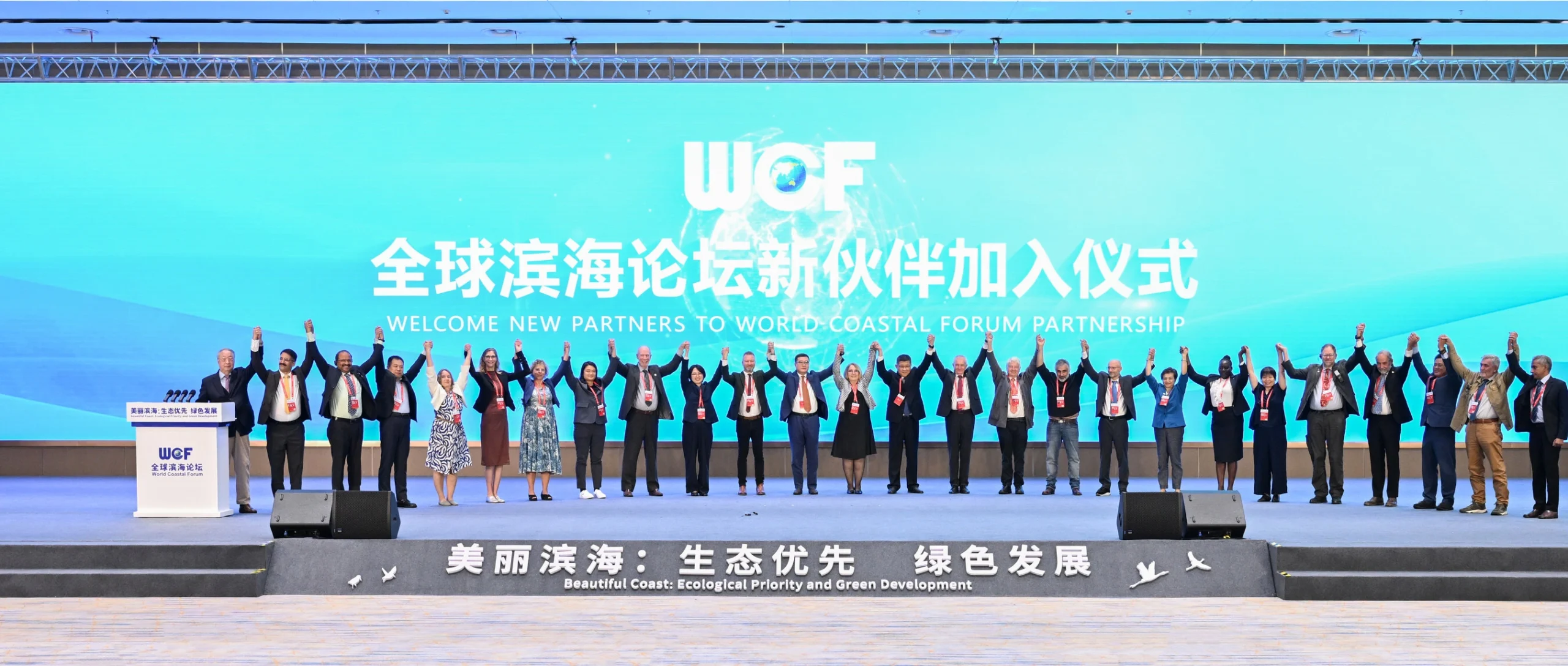European car manufacturers: reeling from the after-effects of Dieselgate

John E. Kaye
- Published
- Home, Sustainability
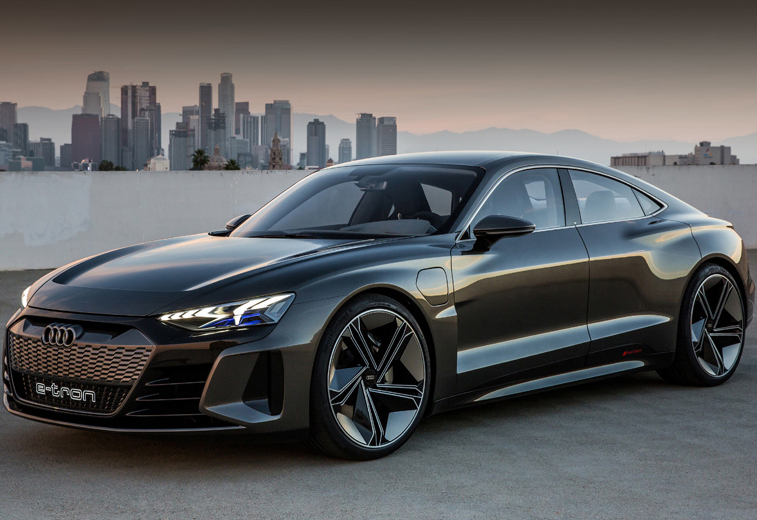
The credit for any scandal having the word “gate” after its name goes to the former US President Richard Nixon. The infamous Watergate scandal of the early ‘70s will always be remembered as a dark spot in American political history. Likewise, ‘Dieselgate’ will always haunt Volkswagen, which is one of the largest car manufacturers in the world. The company’s crime was not simple. It was a sophisticated engineering scheme to deceive vehicle emission testers.
The Dieselgate scandal has been very expensive for Volkswagen. It had to pay billions of dollars to the US government authorities and billions of Euros to the EU authorities. Volkswagen group, along with its brand Audi is still reeling from the after-effects of Diesel Gate.
Who detected the fraud?
Spiegel Online (23 October 2017), a German news magazine covers this interesting story. Arvind, Hemanth and Marc were students at the Centre for Alternative Fuels Engines and Emissions (CAFEE) in West Virginia, USA. They discovered “unacceptable” levels of gases emitting from the exhaust of Volkswagen group manufactured vehicles, which according to the claim of the vehicle manufacturer were using “clean diesel” as fuel. Their discovery laid the foundations of the Dieselgate scandal.
A term “defeat device” is widely used when talking about Diesel Gate. There is no such physical device. The whole gimmick was a coded program designed by Volkswagen engineers and integrated into the car electronics to give false readings “when vehicles were boarded on automated emission testing platforms”.
Audi
Audi’s parent company is Volkswagen. The Volkswagen group has embarked on a cost-cutting drive. Audi has been tasked to contribute €15 billion to this endeavour.
Reuters latest financial news
Reuters Business News (14 March 2019) reports,
“Audi will make greater use of vehicle platforms and technologies developed with Porsche and Volkswagen as it embarks on a €15 billion cost-cutting and efficiency drive, Chief Executive Bram Schot said on Thursday”.
Volkswagen group’s key research division was based at Audi’s premises. After Dieselgate scandal emerged, the group fired many top-level engineers from their jobs, thus leaving a loosely knitted engineering department at Audi despite the company’s slogan “Vorsprung Durch Technik” (Advantage through Technology).
The new CEO of Audi, Bram Schot, laid out his cost-cutting strategy:
“We are discussing what we do ourselves and where we share resources with other parts of Volkswagen. We ask ourselves: Do we need to do this in-house, is it standardised technology, and is it unique from the customer point of view”.
This new strategy shows that the Volkswagen group is moving towards merging common engineering and manufacturing activities.
Design and development of Audi’s driverless cars, an automotive field in which Europe lags far behind the US, has been handed over to the engineers at Volkswagen group, whereas Audi will carry on with its strategy to manufacture semi-autonomous vehicles at its own manufacturing facility.
Schot’s cost-cutting measures also include increasing research and technical collaboration with Porsche, which is also a Volkswagen group brand. Both Audi and Porsche are working together for the production of a premium electric sports car known as PPE.
Jobs at Audi
Audi has guaranteed its workers that there will be no layoffs until 2025. The company is consulting labour unions and is charting a job cuts scheme where employees of the company will be offered early retirement under a “voluntary redundancies” plan.
The payroll cost-cutting factor is important because Audi aims to switch over to manufacturing electric vehicles in the coming decade. Electric vehicle (EV) manufacturing requires a lower headcount of mechanical engineers because EV’s are built using electrical components. There is little use of mechanical parts. The company plans to offer 30 electric vehicle models by 2025.
Expected returns
Reuters Business News (14 March 2019) gives the following expected returns figure of Audi’s business operations:
Short-Term
7 to 8.5% operating return on sales
Long-Term
9 to 11% operating return on sales
Outlook
Though Volkswagen has taken over the top spot in the car manufacturers list, it takes time to recover lost trust. With a charge of billions of Euros in its financial statements, cost-cutting is the only option left with the Volkswagen group to operate efficiently.
Volkswagen group is embarking on electric, self-driving and semi-autonomous vehicle projects. All three projects are challenging and require a zero-tolerance policy which should be drafted and implemented across the board. Any more mischief by the engineers will lead to a corporate disaster.
Electric Vehicles
Elon Musk’s Tesla electric vehicle brand is the pioneer of the electric vehicle (EV) industry. It has gone through lots of challenges and bitter experiences. If European automakers want to enter the American EV market in the future, they must keep tabs on Tesla’s past, present and future developments. For competing on American turf, it is important to set an American company as a benchmark and then develop something superior to that benchmark.
RECENT ARTICLES
-
 Strong ESG records help firms take R&D global, study finds
Strong ESG records help firms take R&D global, study finds -
 How residence and citizenship programmes strengthen national resilience
How residence and citizenship programmes strengthen national resilience -
 Global leaders enter 2026 facing a defining climate choice
Global leaders enter 2026 facing a defining climate choice -
 EU sustainability rules drive digital compliance push in Uzbekistan ahead of export change
EU sustainability rules drive digital compliance push in Uzbekistan ahead of export change -
 China’s BYD overtakes Tesla as world’s largest electric car seller
China’s BYD overtakes Tesla as world’s largest electric car seller -
 UK education group signs agreement to operate UN training centre network hub
UK education group signs agreement to operate UN training centre network hub -
 Mycelium breakthrough shows there’s mush-room to grow in greener manufacturing
Mycelium breakthrough shows there’s mush-room to grow in greener manufacturing -
 Oxford to host new annual youth climate summit on UN World Environment Day
Oxford to host new annual youth climate summit on UN World Environment Day -
 Exclusive: Global United Nations delegates meet in London as GEDU sets out new cross-network sustainability plan
Exclusive: Global United Nations delegates meet in London as GEDU sets out new cross-network sustainability plan -
 Fast fashion brands ‘greenwash’ shoppers with guilt-easing claims, study warns
Fast fashion brands ‘greenwash’ shoppers with guilt-easing claims, study warns -
 Private sector set to overtake government as main driver of corporate sustainability in 2026, report suggests
Private sector set to overtake government as main driver of corporate sustainability in 2026, report suggests -
 Sir Trevor McDonald honoured at UWI London Benefit Dinner celebrating Caribbean achievement
Sir Trevor McDonald honoured at UWI London Benefit Dinner celebrating Caribbean achievement -
 Historic motorsport confronts its energy future
Historic motorsport confronts its energy future -
 Protecting the world’s wild places: Dr Catherine Barnard on how local partnerships drive global conservation
Protecting the world’s wild places: Dr Catherine Barnard on how local partnerships drive global conservation -
 Europe’s HyDeal eyes Africa for low-cost hydrogen link to Europe
Europe’s HyDeal eyes Africa for low-cost hydrogen link to Europe -
 Fabric of change
Fabric of change -
 Courage in an uncertain world: how fashion builds resilience now
Courage in an uncertain world: how fashion builds resilience now -
 UAE breaks ground on world’s first 24-hour renewable power plant
UAE breaks ground on world’s first 24-hour renewable power plant -
 China’s Yancheng sets a global benchmark for conservation and climate action
China’s Yancheng sets a global benchmark for conservation and climate action -
 Inside Iceland’s green biotechnology revolution
Inside Iceland’s green biotechnology revolution -
 Global development banks agree new priorities on finance, water security and private capital ahead of COP30
Global development banks agree new priorities on finance, water security and private capital ahead of COP30 -
 UK organisations show rising net zero ambition despite financial pressures, new survey finds
UK organisations show rising net zero ambition despite financial pressures, new survey finds -
 Gulf ESG efforts fail to link profit with sustainability, study shows
Gulf ESG efforts fail to link profit with sustainability, study shows -
 Redress and UN network call for fashion industry to meet sustainability goals
Redress and UN network call for fashion industry to meet sustainability goals -
 World Coastal Forum leaders warn of accelerating global ecosystem collapse
World Coastal Forum leaders warn of accelerating global ecosystem collapse



